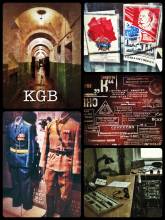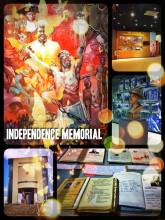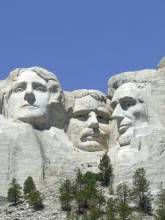History of The Modern Middle East
Among all the incidents that took place during the World War I, the modern Middle East suffered the most. Although people tried to bring in the peace, none could prevent the fate of Middle East after World War I. And among those who tried was T. E. Lawrence, torn between his love for two nations. So, if you too are curious about the history of the modern Middle East, check out Lawrence in Arabia by Scott Anderson.
suffered the most. Although people tried to bring in the peace, none could prevent the fate of Middle East after World War I. And among those who tried was T. E. Lawrence, torn between his love for two nations. So, if you too are curious about the history of the modern Middle East, check out Lawrence in Arabia by Scott Anderson.
Scott is a war journalist who made frequent visits to areas such as Lebanon , Israel
, Israel , and Bosnia. Apart from the books he wrote, his works also appeared in many newspapers and magazines.
, and Bosnia. Apart from the books he wrote, his works also appeared in many newspapers and magazines.
This book tells the story of Middle East before WW1 and the impacts of imperialism in shaping it into what it is now. The book also explains the role played by four people there during World War 1 (including Lawrence)… and some broken political promises.
Listen to the summary at Blinkist or listen to the book at Audible.
Falling in Love with Syria
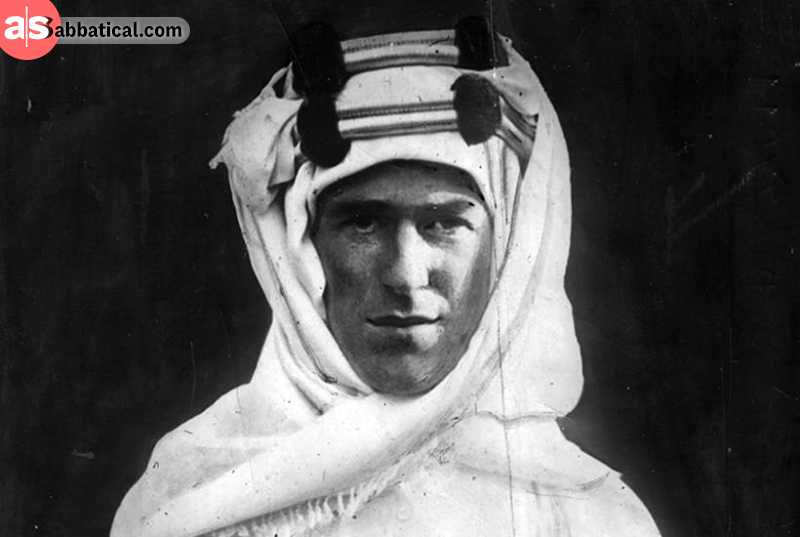
Born in England , Thomas Edward Lawrence got curious about the history of Europe
, Thomas Edward Lawrence got curious about the history of Europe and Egypt
and Egypt . And while he was working on his thesis at Oxford in 1909, he embarked on a journey throughout Syria.
. And while he was working on his thesis at Oxford in 1909, he embarked on a journey throughout Syria.
Because of the hospitality he received, he fell in love and stayed there to study the history of the Middle East.
In the next two years, he was working with Oxford’s Ashmolean Museum on an archaeological dig and kept learning more about the culture. He was one of the heads of an excavation site at Carchemish and earned the respect of the locals because of his hard work. And he was working there when the war started.
Read more: The Desire to Learn
Because of his knowledge of the region, the British military intelligence office in Cairo hired Lawrence to work for them.
A German spy in Egypt
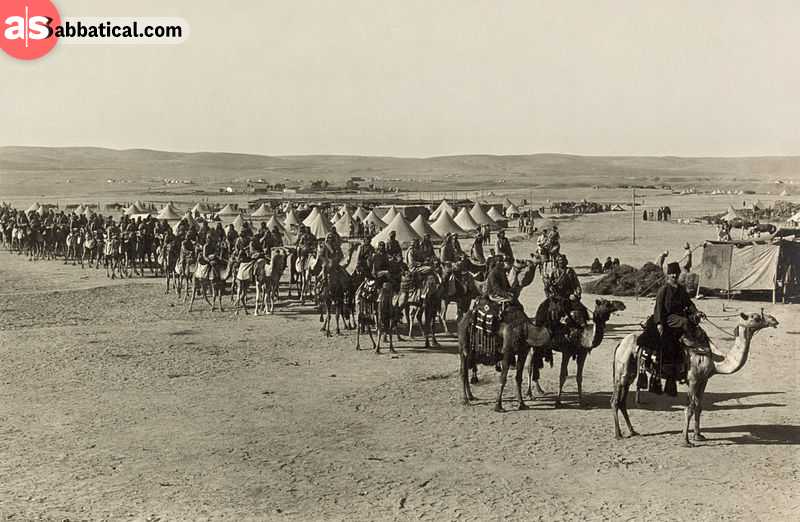
Another important role in the history of the modern Middle East was played by Cart Prufer, a German spy. He loved foreign languages and thus, became an interpreter at the German embassy in Cairo. But, he was interested in something else. British controlled Egypt since the 1880s, and in 1913, Prufer came in contact with people interested in disrupting the country’s politics.
And he, along with other spies started fueling the fires of revolution in the Muslims there against the Christians, the British. However, the embassy realized this and fired him the same year, in November. Another significant development of that time was the breaking up of the Ottoman Empire.
Egypt was under British rule, and some of the territories achieved independence. All the areas under the Turkish monarchy – Syria, Turkey , and Palestine
, and Palestine – were becoming unstable.
– were becoming unstable.
Alongside, the Young Turks party formed a new Government which tried to maintain control. Three Turkish officers led the government. Prufer was still there, trying to convince Djemal Pasha (and the Young Turks) to fight against British.
They even attacked the Suez Canal – a failed attempt.
Jewish spies in Palestine
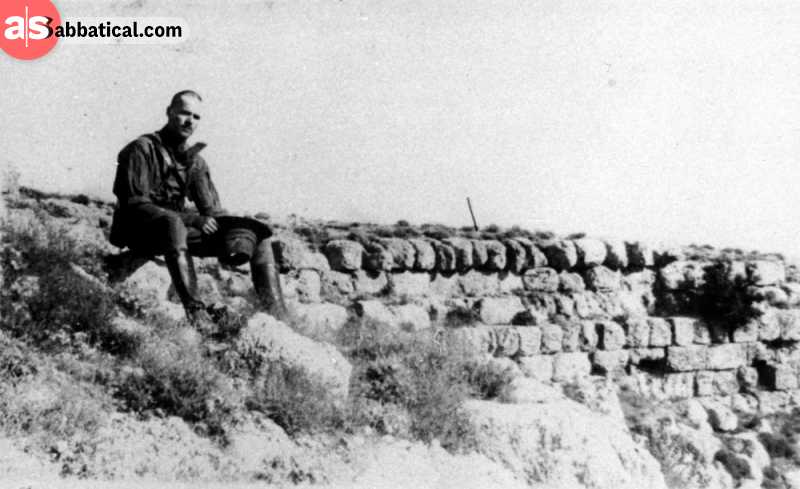
After this attack, Lawrence advised the British to attack the Turks at the Gulf of Alexandretta with the Arabs help. Instead, the British (and the French) attacked the Gallipoli Peninsula. They failed. At the same time, Aaron Aaronsohn was there across the Suez Canal, a Jewish agricultural expert who wanted to turn Palestine into a fertile land again.
But, as the Ottoman Empire took the side of Germany , he saw the effects of war. The Jews then started leaving, but Aaronsohn continued his work of creating a self-sufficient area for the Jewish population. He asked for help from Western governments too.
, he saw the effects of war. The Jews then started leaving, but Aaronsohn continued his work of creating a self-sufficient area for the Jewish population. He asked for help from Western governments too.
In the meantime, he decided to keep details of the Turkish armies – their size, supplies, and other details. He tried to send it to the British and in 1917 he started working as a spy for them. He created a group which kept passing valuable information until the Turks caught the team in Palestine.
Searching for Oil in the Middle East
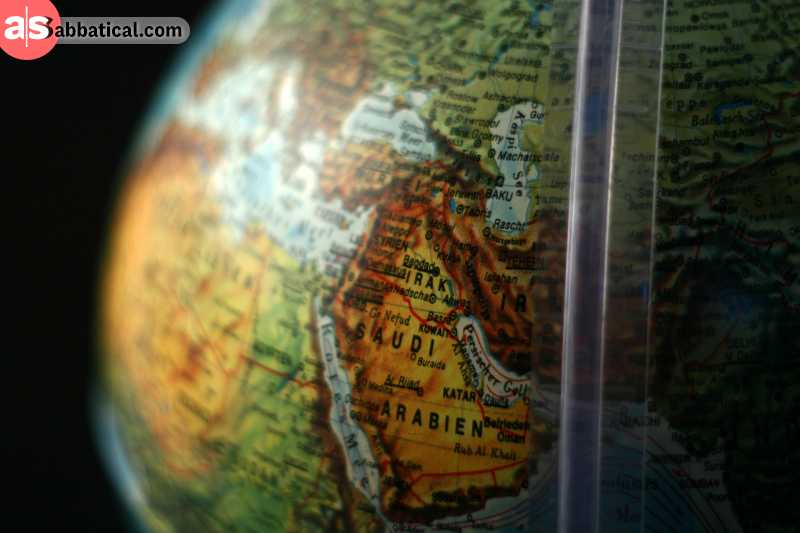
William Yale belonged to one of the wealthiest family in the US. But, by the time World War I started, the family lost their fortune, and Yale started working for Standard Oil. His job was to find new oil wells in the Middle East and was unaware of what was going to happen – the Middle East at war. The event that would form the history of the modern Middle East.
Yale spent most of the time searching for new areas for his company. The ongoing war though made sure that they can’t drill until peace happens. His company then sent him to Djemal Pasha to secure the rights to drill in Palestine. Djemal agreed with the hope that the oil extracted would help him in the war, not knowing that the company will drill only after the war is over.
And Yale was back home. In the meantime, the United States tried to help the Allied Powers – Britain, France and Russia
and Russia – and in 1917, it declared war on Germany. Yale was back to play a role in the history of the modern Middle East, but this time as the US intelligence agent.
– and in 1917, it declared war on Germany. Yale was back to play a role in the history of the modern Middle East, but this time as the US intelligence agent.
And looking at the legal documents at the office in Cairo, he came to know about Lawrence.
The Arab Uprising
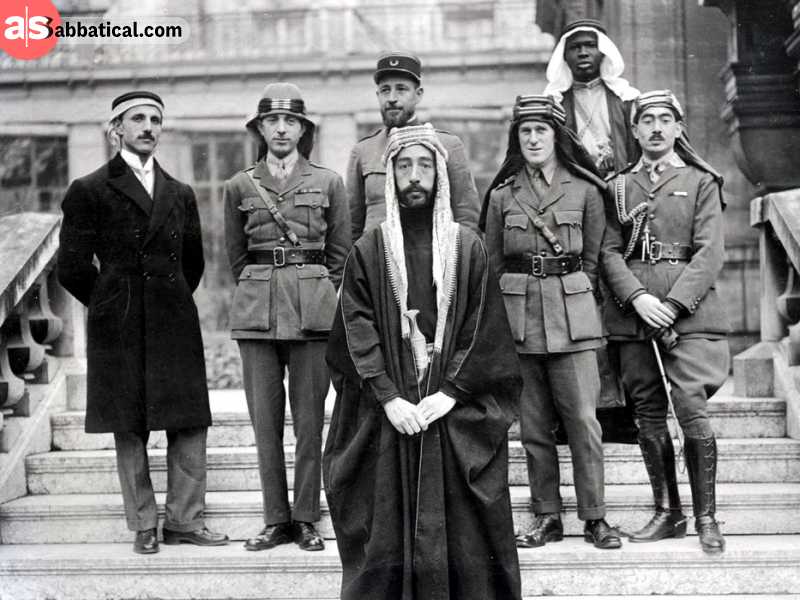
Meanwhile, Lawrence wasn’t happy with working behind the desk. And he got the chance to get rid of it, soon. An Arab lieutenant surrendered to the British who revealed that the Arabs would help the British fight against the Turks. But, they needed a promise – the British will grant them freedom after the war.
They negotiated with King Amir Hussein and his son, Faisal ibn Hussein, and agreed. Lawrence was in the field with the army, now. And the great Arab revolt started in June 1916.
The French – who were interested in Syria, however, knew nothing about the British negotiations with the Arabs. The Allied Powers drafted the Sykes-Picot Agreement in Europe. The agreement will get France control of Syria, and the British will get Iraq . Palestine will be under the joint control of Britain, France, and Russia.
. Palestine will be under the joint control of Britain, France, and Russia.
Lawrence knew about it and tried to help Arabs in getting what they were promised. He planned a raid to capture the fort in Aqaba before the French. On the way to Aqaba through the Wadi Sirhan desert, they passed Aba el Lissan where they had a conflict with the Turkish soldiers. His group defeated the Turks, and upon reaching Aqaba, they found little resistance.
Two days later, on July 6, 1917, the Turkish commander surrendered, and the Arabs won the battle of Aqaba. The British can now, use Aqaba as a base to stock supplies. This battle was one of the turning points of the history of the modern Middle East.
Horrors of World War I
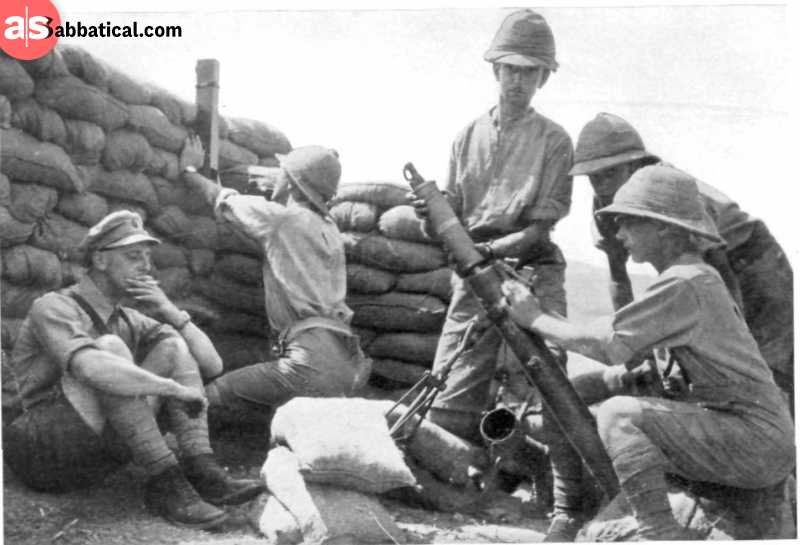
The victory at Aqaba earned Lawrence a major, and he now planned to take Damascus and Jerusalem. The preparation took months, and the army became restless. In an attempt to disable a Turkish train line, Lawrence and his army blew up a bridge and what happened next, was a horrifying act in the history of the modern Middle East.
The soldiers opened fire and injured many civilians. This violence had a profound effect on Lawrence, and one day, he was captured in Deraa. He escaped soon but started getting detached from his surroundings. In the meantime, Britain and France promised Lawrence that they would allow Arabs the power on the lands they freed themselves.
By that time, Russia excused themselves from the war, while the US joined France to push back the Germans. And Lawrence’s rebels, on the way to Damascus, experienced a little more violence. They killed about 4,000 soldiers to secure Damascus and witnessed another 800 injured Turkish soldiers in the hospital there, abandoned.
Read more: How to Achieve More with Essentialism
On November 11, 1918, Germany signed for settlement and in January 1919, France and Britain agreed on the changes to the Middle East. Lawrence and Yale both made efforts for a peaceful solution but, in vain. The history of the modern Middle East was set in stone.
Lawrence, after he failed to protect the Middle East from the economic effects of imperialism, tried to distance himself from his past. He died in 1935 in a motorcycle accident. He fought bravely and with integrity to form the history of the modern Middle East.
Read the book to –
- Know how politics can play a significant role in shaping the war.
- Know how the Sykes-Picot Agreement made the Middle East what it is today.
- Know about the World War 1 and the history of the modern Middle East.
A single person can change the course of the history, and there were four that changed the history of the modern Middle East. But in the end, none could bring the peace in the Middle East.




